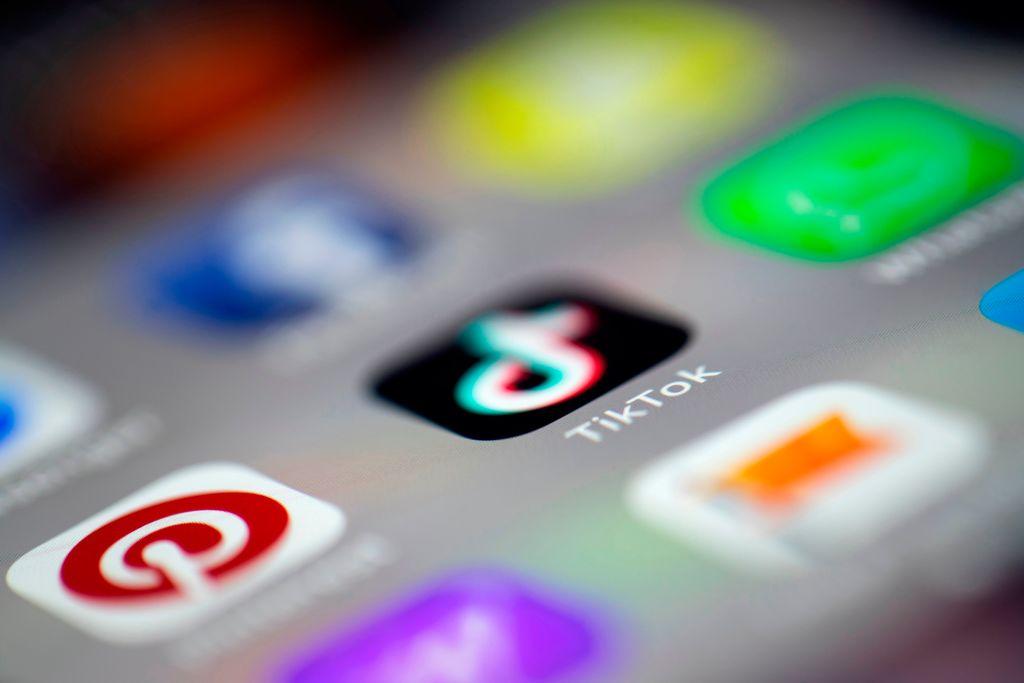The Australian Department Of Defense has not approved the use of video-sharing social networking app TikTok on devices used by its military personnel, the ABC reported.
TikTok, which is owned by Chinese company ByteDance and based in Beijing, is not used nor has it been whitelisted, a Department of Defense spokesperson told the publication.




